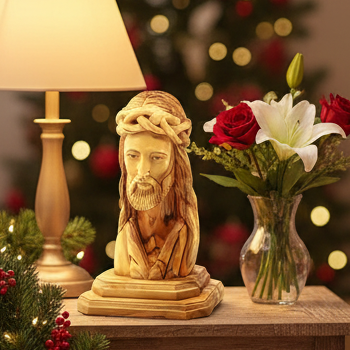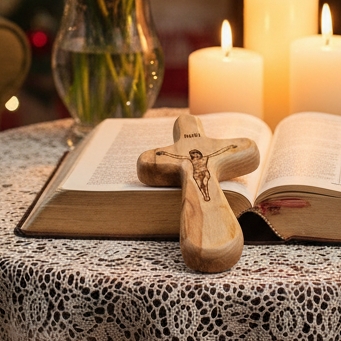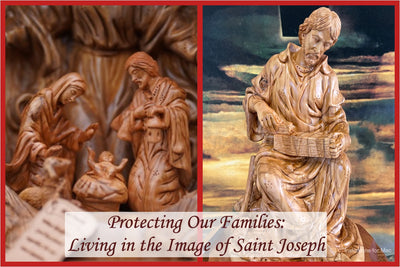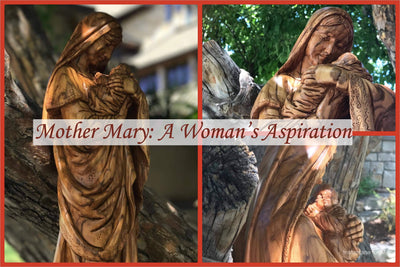Rome's Colosseum to bathed in blood red in solidarity with persecuted Christians around the world, but especially in Syria and Iraq, later this month.
The initiative comes from a Catholic charity called Aid to the Church in Need (ACN), which is a revival of a similar project from last year.
The crimson red lights are supposed to represent the bloodshed of Christians around the world because of a sole reason: their faith. The Colosseum will be illuminated in red on the evening of February 24 simultaneously as prominent churches in Syria and Iraq which are the Maronite cathedral of Saint Elias in Aleppo, and the church of Saint Paul in Mosul, hoping to raise awareness and highlight the plight of persecuted Christians around the world. After all, red is the color of martyrdom.
ACN to illuminate Coliseum in red – churches in Aleppo and Mosul at the same time: the Maronite cathedral of Saint Elias in Aleppo, Syria and the church of Saint Paul in Mosul, Iraq https://t.co/gMAeVesRBYpic.twitter.com/ncYJ1qQsVV
— ACN International (@acn_int) February 7, 2018
The Colosseum will be floodlit in an event following a report issued last fall by ACN showing the persecution of Christians is getting worse. The report declares:
“Not only are Christians more persecuted than any other faith group, but ever-increasing numbers are experiencing the very worst forms of persecution. It is in this context that the Report concludes that in 12 of the 13 countries reviewed, the situation for Christians was worse in overall terms in the period 2015-17 than within the preceding two years. Estimates for the number of Christians worldwide who suffered some form of persecution for their faith in 2016 range from some 200,000 to as many as 600,000.”
“Governments in the West and the U.N. failed to offer Christians in countries such as Iraq and Syria the emergency help they needed as genocide got underway.”

This report highlighted how Christianity is the world's most persecuted religion and how anti-Christian persecution in the worst regions has reached a "new peak".
“Across the Middle East the situation has deteriorated for Christians,” they reported.
Iraq has seen a massive exodus of Christians from their ancient homelands and in Syria the Christian population has more than halved.
Alessandro Monteduro, the director of the Italian branch of the international Catholic pastoral charity Aid to the Church in Need (ACN) formally announced the event by declaring:
“Our aim is to break through the indifference, above all among the international community, and to strive to ensure that after 24 February no one can continue to ignore the persecution of Christians.”
“So many Christian communities around the world are suffering hunger, poverty and violence on account of their faith”
“On several occasions already we have illuminated some of the most important monuments in the world in red in order to draw attention to the martyrdom of our Christian brothers and sisters. On this occasion our intention is to also involve these communities directly, with the help of two of them that have suffered among the most in recent years, namely those in Syria and Iraq.”
Similar moments of prayer and spiritual communion will be organized in the two churches in Mosul and Aleppo.
In addition to Syria and Iraq, religious persecutions of Christians have worsened. In Nepal, new laws criminalized religious conversion, in turkey, and in the Holy Land.
The heads of Jerusalem’s major churches—including its Catholic, Greek Orthodox and Lutheran denominations, among others—have recently accused Israel in a statement of undermining Christianity in the Holy Land and weakening the faith at a time of severe tensions in the Middle East.
The “attempts to undermine the Christian community of Jerusalem and the Holy Land do not affect one Church only; they affect us all, and they affect Christians and all people of good will around the world,” the leaders said.
 A Christian woman praising the Lord in front of the Holy Sepulchre in the old city, Jerusalem
A Christian woman praising the Lord in front of the Holy Sepulchre in the old city, Jerusalem
Bob Simon reported on "Christians of the Holy Land" on CBS that the exodus from the Holy Land of Palestinian Christians could eventually leave the holy cities without a local Christian population. The Christian population is down to less than two percent (CBS News).
“This is what the Holy Land looks like today. Bethlehem, where Jesus was born. Nazareth, where he grew up. Jerusalem, where he died and where Christians believe he was resurrected. Nazareth is inside the state of Israel. Bethlehem is on the Israeli-occupied West Bank. The Christian section of Jerusalem is also under Israeli control," he said.
Join one of our 2018/2019 upcoming pilgrimages and be one of the most blessed people who get to walk on the footsteps of Jesus Christ.








